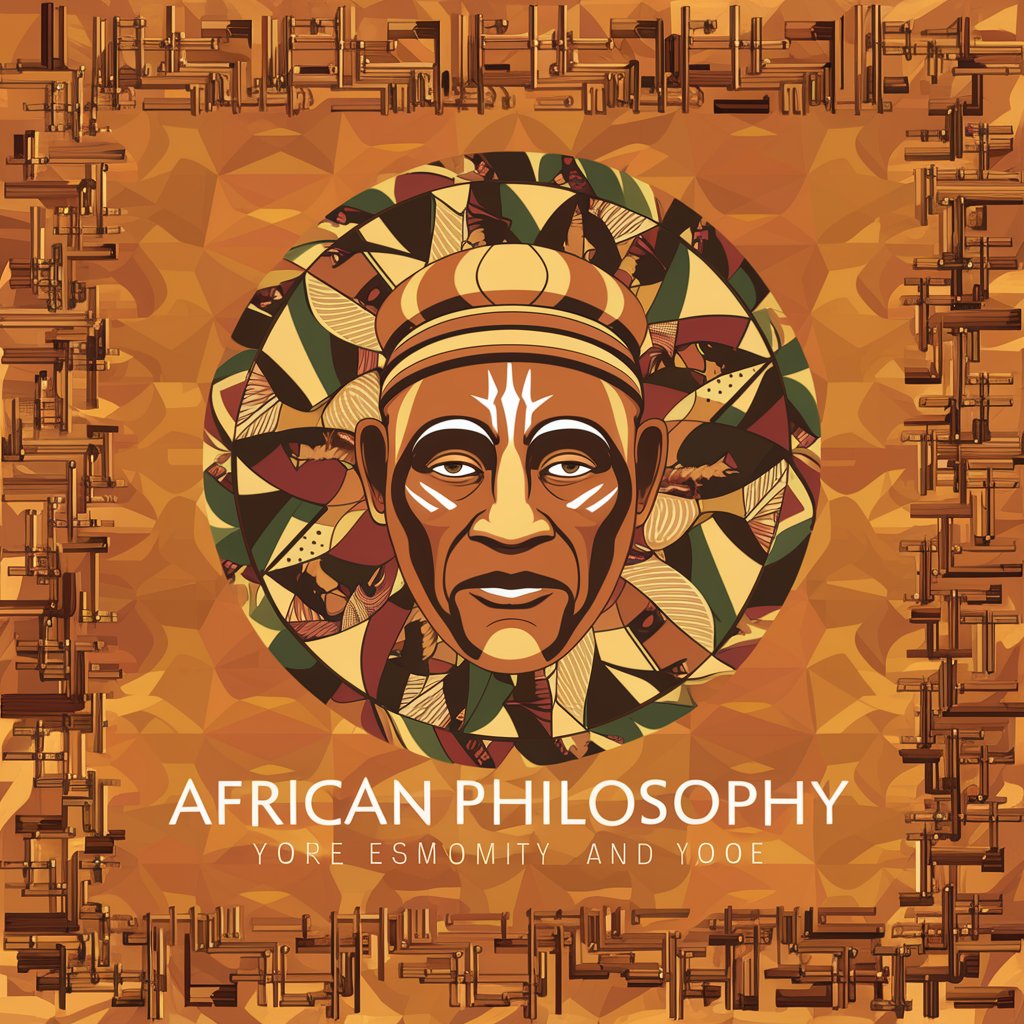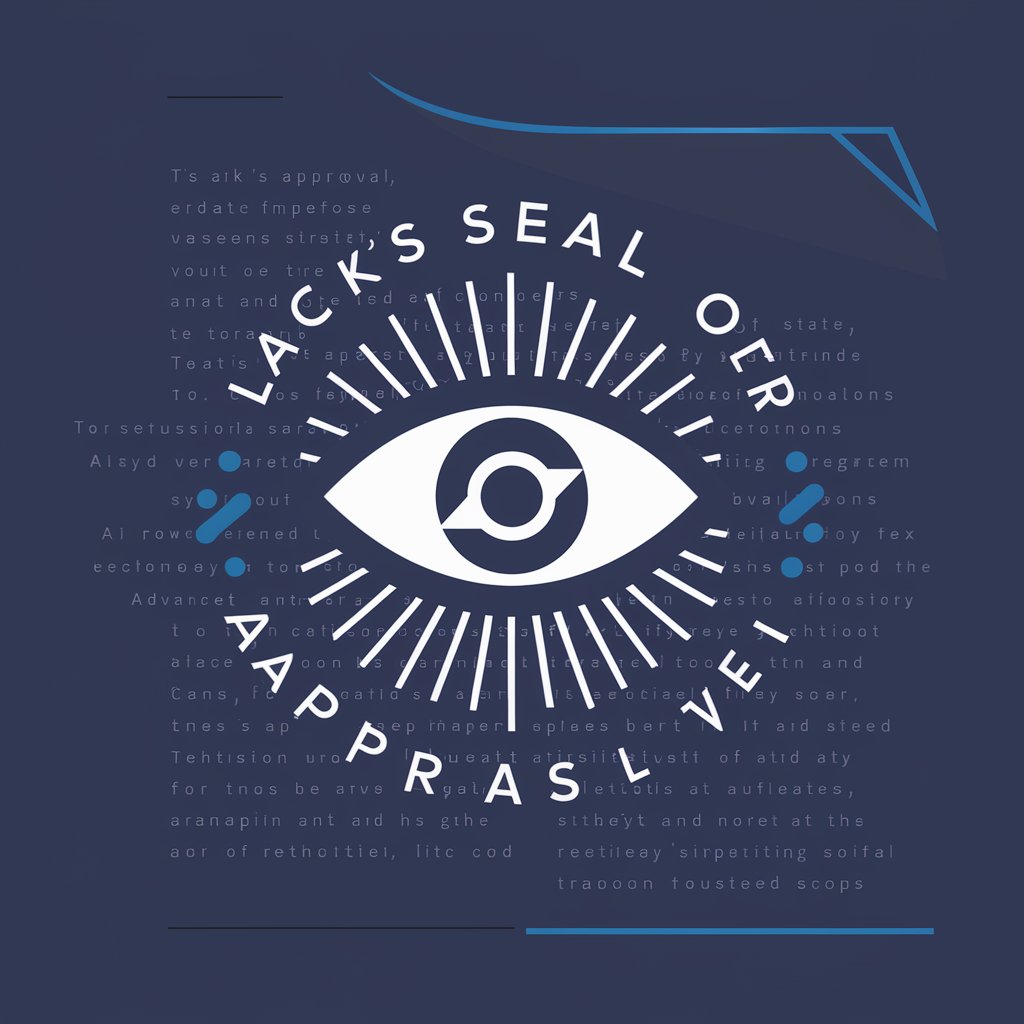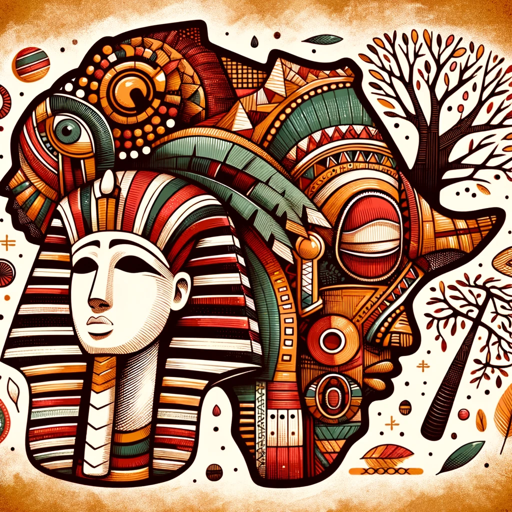
African philosophy - African Philosophy Insight

Welcome! Let's delve into the rich world of African philosophy together.
Explore communal wisdom and ethical living through African philosophy.
Explore the principles of African philosophy in the context of...
Discuss the impact of colonialism on African philosophical thought and...
Analyze the ethical frameworks within different African cultures, focusing on...
Compare and contrast the methodologies used in African and Western philosophies to...
Get Embed Code
Introduction to African Philosophy
African philosophy, emerging from the continent's rich cultural and intellectual heritage, seeks to address and interpret the experiences, values, and realities of African societies and individuals. It involves a critical examination of African thought systems, ethical beliefs, and philosophical concepts. Through historical texts, oral traditions, and contemporary analysis, African philosophy explores themes such as communalism, morality, wisdom, and the struggle for identity and reason. Examples include the emphasis on community over the individual, the ethical teachings in Yoruba culture on good character, and the intellectual debates on the nature and existence of African philosophy itself. Powered by ChatGPT-4o。

Main Functions of African Philosophy
Cultural Identity and Continuity
Example
African philosophy aids in preserving and interpreting the continent's rich traditions and beliefs, fostering a sense of identity and continuity.
Scenario
Through the study of philosophic sagacity, African philosophy connects individuals with their ancestral wisdom, ensuring the survival of indigenous knowledge systems.
Ethical Guidance and Social Harmony
Example
It provides a moral framework based on community welfare, guiding individual actions towards the collective good.
Scenario
In Yoruba culture, concepts like 'iwa rere' (good character) and 'omoluwabi' (a person of integrity) highlight how African philosophy promotes ethical conduct for societal harmony.
Intellectual Liberation and Decolonization
Example
African philosophy challenges colonial narratives, advocating for intellectual liberation and the reclamation of African narratives.
Scenario
The discourse on African rationality and the critique of philosophical racism exemplify how African philosophy seeks to dismantle the intellectual foundations of colonization.
Ideal Users of African Philosophy Services
Academics and Students
Individuals engaged in the study and teaching of philosophy, history, and cultural studies, seeking to broaden their understanding of diverse philosophical traditions and incorporate African perspectives into their research and curriculum.
Policy Makers and Community Leaders
Those looking to influence social policy and community development can use African philosophical concepts to foster community cohesion, ethical governance, and social justice initiatives that are in harmony with African values.
General Public Interested in Cultural Exploration
Individuals seeking to deepen their understanding of African heritage, values, and philosophical thought, contributing to personal growth and a more inclusive global philosophical discourse.

Utilizing African Philosophy
Start with a free trial at yeschat.ai
To begin exploring African philosophy, initiate your journey by accessing yeschat.ai for a free trial. This platform requires no login, offering an easy start without the need for a ChatGPT Plus subscription.
Engage with primary sources
Dive into foundational texts and documents on African philosophy, such as those by notable philosophers like Kwasi Wiredu, Henry Odera Oruka, and Mogobe Ramose. Understanding these authors provides insight into the core concepts and methodologies of African philosophical thought.
Participate in community discussions
Join forums or social media groups dedicated to African philosophy. Engaging in discussions with both scholars and enthusiasts can enrich your understanding and offer diverse perspectives.
Apply philosophical concepts
Try to apply the principles and ethics of African philosophy in everyday life, reflecting on communal values, Ubuntu, and the interconnectedness of beings. This practical approach helps in internalizing the philosophy.
Contribute to the field
Once you have a solid understanding, consider contributing to the field by writing articles, participating in academic conferences, or engaging in teaching opportunities. Sharing your insights helps promote and expand the discourse on African philosophy.
Try other advanced and practical GPTs
Philosophy Booksmith
AI-powered philosophical exploration and writing assistant.

OCR that actually works - Jack's seal of approval
Precision Text Extraction, Powered by AI

Actually Knowledgeable General Practitioner
AI-powered health insights at your fingertips.

TFT Meta Guide | Actually Works
Master TFT with AI-Powered Strategy

Chess
Master chess with AI-powered guidance

actually relatable robot
Blending tech smarts with quirky sparks.

Stress Management
AI-powered relief for everyday stress

Stress Soother
AI-Powered Stress and Anxiety Management

Stress Relief
Your AI-powered path to tranquility.

Stress and Exercise
Harness AI for Personalized Exercise-Driven Stress Management

Kartei Karten
Accelerate Learning with AI-Powered Flashcards

SoldierboyGPT
Tough talk meets AI power.

Q&A on African Philosophy
What is African philosophy?
African philosophy refers to a set of diverse philosophical traditions originating from the African continent, emphasizing communal values, ethical living, and the interconnectedness of all beings. It includes both oral and written traditions, focusing on topics such as ethics, metaphysics, and epistemology.
Who are some notable African philosophers?
Notable African philosophers include Kwame Gyekye, Henry Odera Oruka, Mogobe Ramose, and Kwasi Wiredu, among others. Their works explore various aspects of African thought, from ethics and political philosophy to the critique of Western philosophical paradigms.
How does African philosophy differ from Western philosophy?
While Western philosophy often emphasizes individualism and analytic reasoning, African philosophy typically focuses on communalism, the importance of relationships, and a holistic approach to understanding the world. It values oral traditions and the wisdom of ancestors alongside written texts.
What role does Ubuntu play in African philosophy?
Ubuntu is a key concept in African philosophy, particularly in Southern Africa, embodying the idea that 'I am because we are.' It stresses the importance of community, compassion, and the interconnectedness of all humans, advocating for mutual respect and ethical responsibility.
Can African philosophy contribute to solving contemporary global issues?
Yes, African philosophy offers valuable insights into addressing global issues like inequality, environmental sustainability, and social justice. Its emphasis on communal values, ethical responsibility, and respect for the environment can inspire holistic and inclusive solutions to contemporary challenges.





